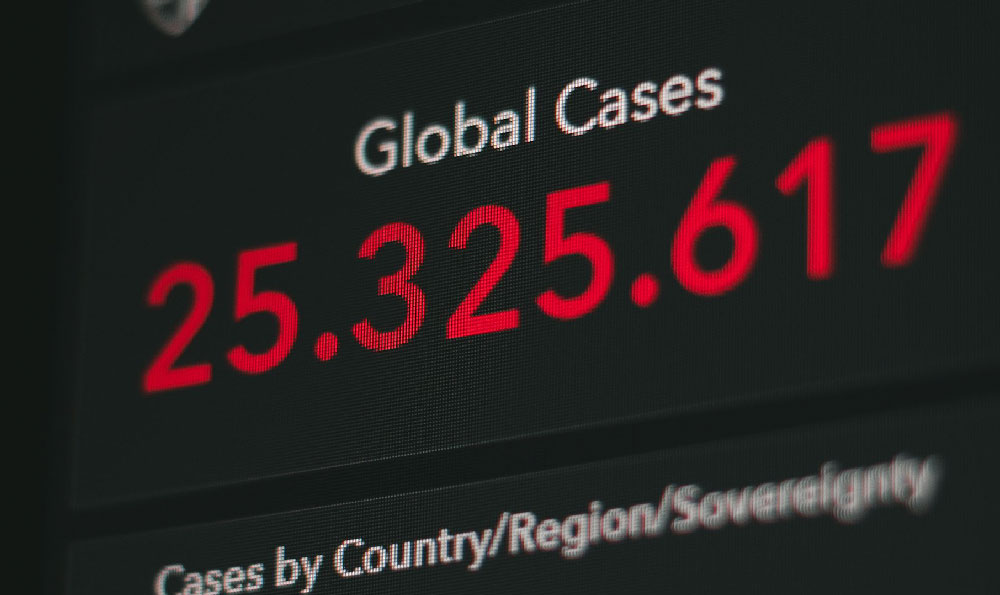Okay, I understand. I will craft an article in English, focusing on the diverse income streams available to musicians and their strategic options for financial success. I will avoid using excessive bullet points, numbered lists, or direct repetitions of the title.
Here's the article:
The life of a musician, often romanticized in popular culture, is rarely one of effortless wealth. The reality is a complex tapestry of diverse income streams, strategic career choices, and a constant need to adapt to the ever-evolving landscape of the music industry. While dreams of stadium tours and platinum records fuel many, understanding the multifaceted ways musicians actually make money is crucial for navigating the path to sustainable success.

One of the most traditional, and still vital, income avenues is through live performances. Gigging, whether in local bars, concert halls, or at private events, provides not only immediate financial returns but also invaluable exposure. The fee a musician can command for a performance varies wildly, depending on factors such as their experience, reputation, the size of the venue, and the demand for their music. Emerging artists often start with modest fees, gradually increasing their rates as their fanbase and recognition grow. Building a loyal following through consistent performances is often the bedrock of a sustainable music career. Furthermore, live performances offer opportunities to sell merchandise – t-shirts, CDs, and other branded items – which can supplement income significantly.
Beyond live performances, music licensing plays a crucial role in revenue generation. This involves granting permission for the use of a musician's work in various media, such as films, television shows, commercials, and video games. Licensing fees can range from relatively small amounts for independent projects to substantial sums for placements in major productions. Understanding copyright law and the intricacies of licensing agreements is paramount for musicians seeking to protect their intellectual property and maximize their earning potential. Joining performance rights organizations (PROs) like ASCAP, BMI, or SESAC helps musicians collect royalties generated from the public performance of their songs. These organizations track radio play, streaming activity, and other forms of public performance, ensuring that musicians receive fair compensation.
Streaming royalties represent a significant, albeit often debated, source of income in the digital age. Platforms like Spotify, Apple Music, and YouTube Music pay royalties to artists based on the number of streams their songs receive. However, the per-stream royalty rates are notoriously low, requiring massive numbers of streams to generate substantial income. While achieving viral success on streaming platforms can be transformative, relying solely on streaming royalties for financial stability is generally not advisable. Musicians can leverage streaming platforms to build their fanbase, promote their music, and drive traffic to other revenue streams, such as ticket sales and merchandise. Optimizing their presence on these platforms through effective metadata management, playlist placement, and social media promotion is crucial for maximizing their reach and earning potential.
Another increasingly important avenue for musicians is online teaching and creating educational content. With the rise of online learning platforms, musicians can offer lessons in their instrument, voice, or music theory to students around the world. Creating online courses, tutorials, and workshops can generate a steady stream of passive income while also establishing the musician as an authority in their field. These online platforms often provide marketing tools and payment processing infrastructure, making it easier for musicians to reach a wider audience and manage their online teaching business.
Composing music for film, television, and video games offers another potentially lucrative career path. This requires a different skill set than performing, focusing on creating original music that complements the visuals and enhances the storytelling. Building a portfolio of compositions and networking with filmmakers, game developers, and other media professionals is essential for securing these opportunities. The fees for composing music for media projects can vary greatly depending on the scope of the project and the experience of the composer.
Furthermore, musicians can generate income through session work, providing their musical talents to other artists' recordings or live performances. Session musicians are often hired for their specific skills and versatility, contributing to a wide range of musical genres and projects. Building a reputation as a reliable and talented session musician can lead to consistent work and valuable networking opportunities.
Finally, grants, crowdfunding, and patronage provide alternative sources of funding for musicians pursuing creative projects. Government agencies, private foundations, and arts organizations often offer grants to support musicians' artistic endeavors. Crowdfunding platforms like Kickstarter and Patreon allow musicians to solicit financial support directly from their fans, enabling them to fund album recordings, tours, or other projects. Building a strong relationship with their fanbase and offering exclusive rewards and experiences can incentivize fans to contribute financially.
In conclusion, the modern musician's career is a dynamic blend of artistic expression and entrepreneurial savvy. Diversifying income streams, embracing technological advancements, and cultivating strong relationships with fans and industry professionals are essential for achieving financial stability and artistic fulfillment. Understanding the various options available and strategically navigating the complexities of the music industry are the keys to unlocking a sustainable and rewarding career in music. The successful musician is not just a talented artist, but also a resourceful and adaptable entrepreneur.











